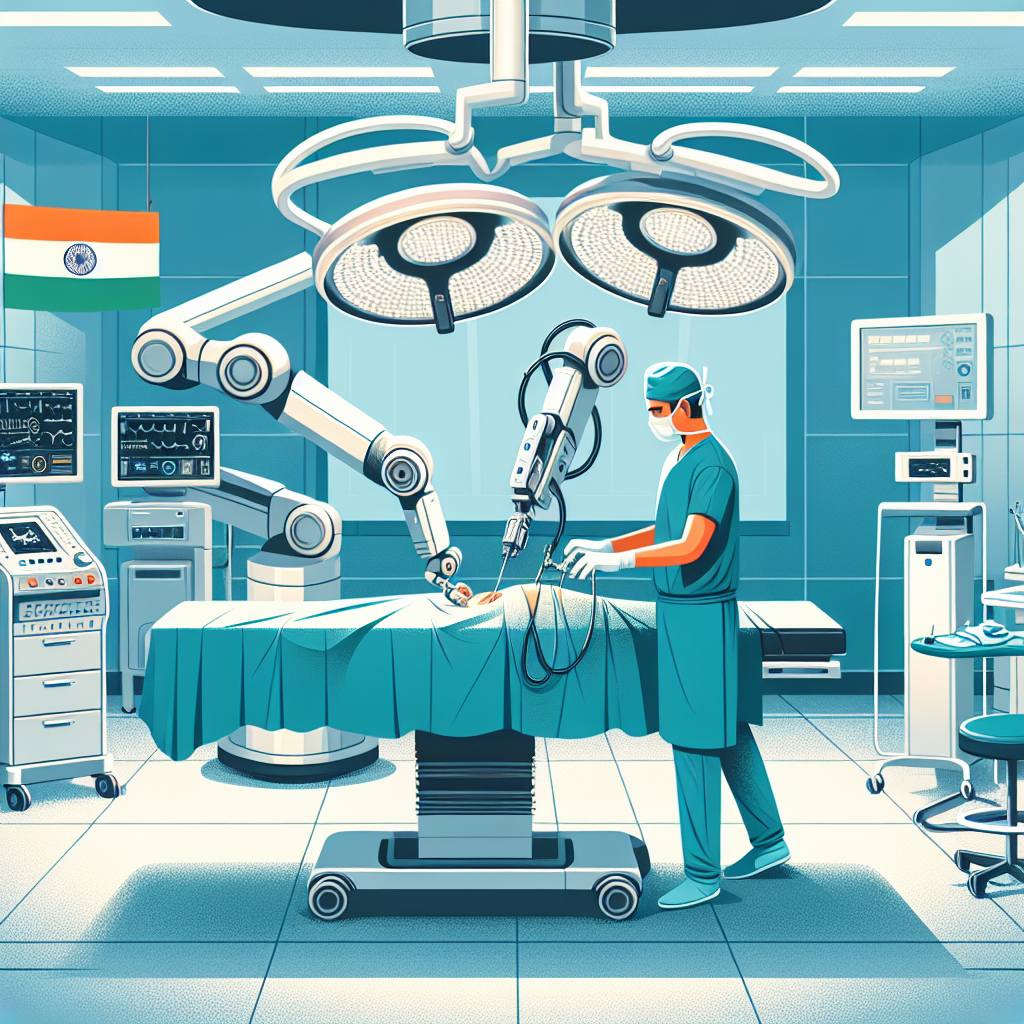Pioneering Robotic Vasovasostomy: India Joins Global Elite

India makes a significant stride in medical innovation with the introduction of robot-assisted vasovasostomy at PGIMER. This pioneering procedure aims to improve patient outcomes and encourage wider adoption in urology across the globe.
Pioneering Robotic Vasovasostomy: India Joins Global Elite
The recent milestone achieved by PGIMER positions India within a select group of global centers offering robot-assisted vasovasostomy. This cutting-edge surgical technique not only enhances the precision of the procedure but also showcases India's commitment to advancing medical standards. As PGIMER plans to publish the outcomes in peer-reviewed journals, the initiative aims to encourage increased clinical adoption throughout India and beyond.
What is Vasovasostomy?
Vasovasostomy is a surgical procedure aimed at restoring male fertility by reconnecting the vas deferens after a vasectomy. Traditional surgical methods have their limitations, often leading to complications and variable success rates.
The Role of Robotics in Surgery
Robot-assisted surgeries have revolutionized urological procedures by offering:
- Precision: Minimally invasive techniques reduce tissue damage.
- Reduced Recovery Time: Patients typically experience quicker recovery.
- Enhanced Visualization: Surgeons benefit from 3D high-definition magnification.
Why This Matters
The introduction of robotic vasovasostomy not only showcases technological advancement in Indian healthcare but also places Indian medical institutions on the global map.
Future Perspectives
With plans to publish the results in reputable journals, PGIMER aims to share insights that can positively influence clinical practices. This initiative is expected to set the stage for larger-scale implementation of robotic techniques in urology across India, improving the quality of care and outcomes for patients.
Conclusion
By embracing innovative technology in urology, India marks a crucial breakthrough in surgical practices. The combination of robotic systems and expert surgical teams at PGIMER sets a new standard for reproductive health services and fertility restoration. As results emerge, the ripple effect on clinical adoption and patient care can potentially transform the landscape of male fertility solutions worldwide.
